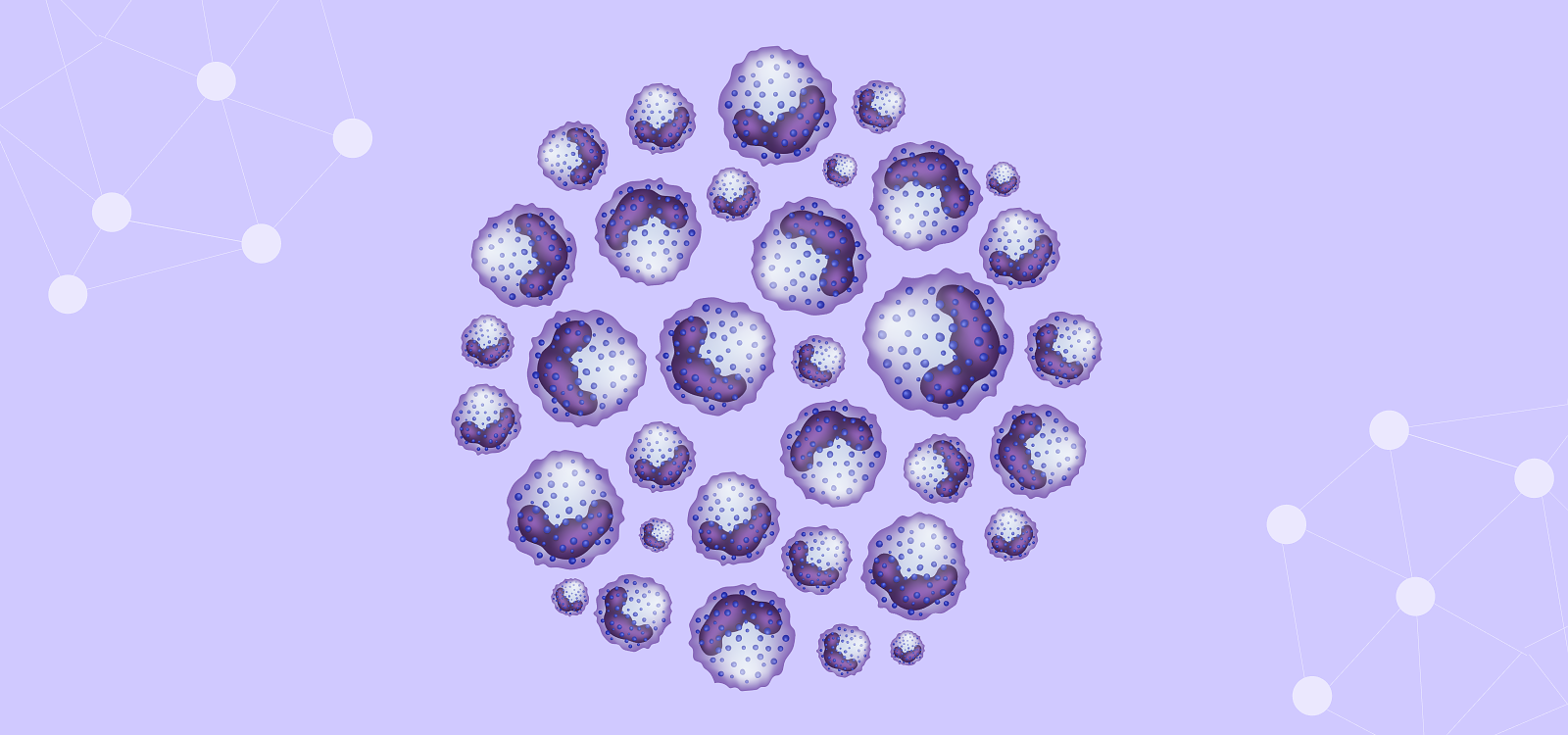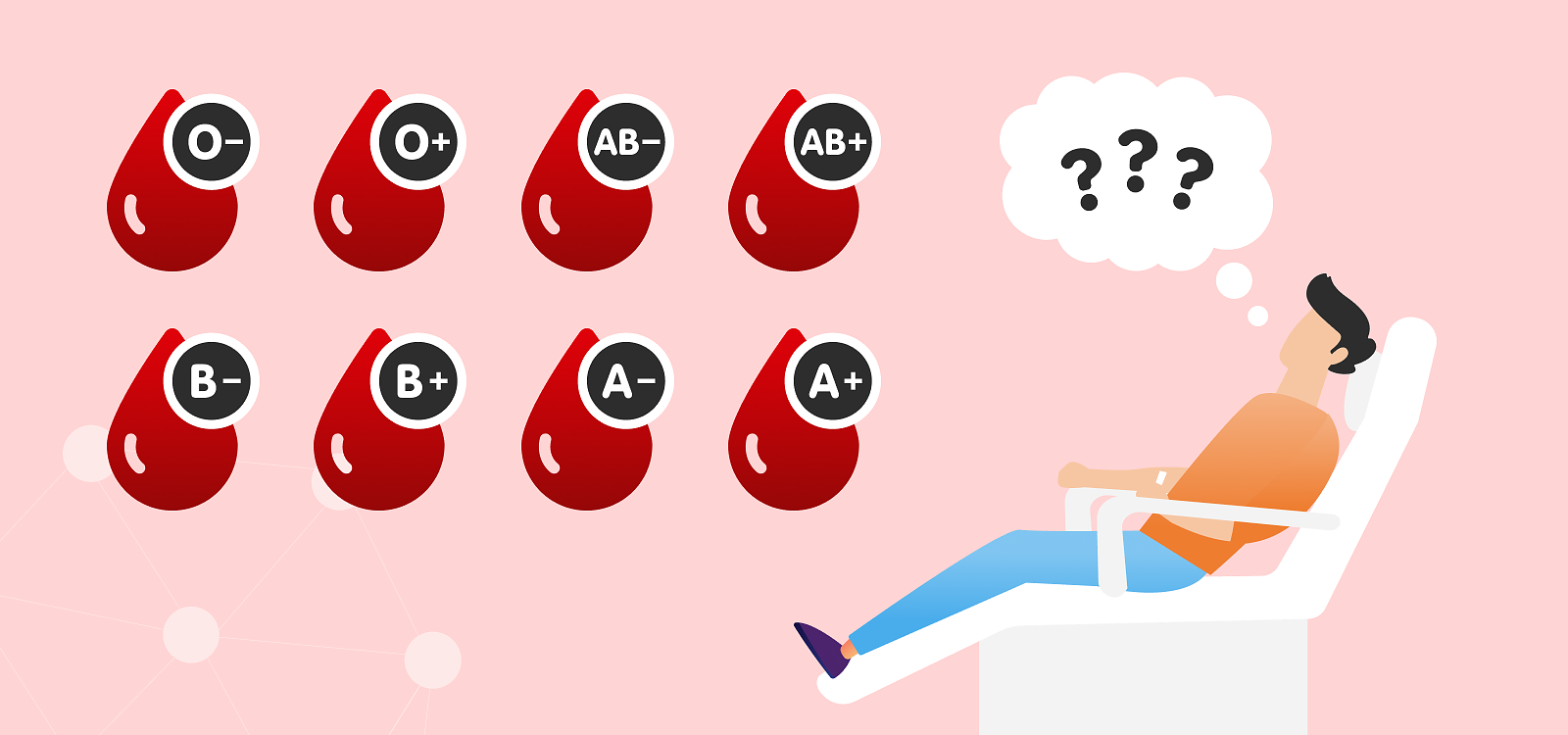Parameter Tuesday: BASOPHILS
Basophils are the smallest and the least abundant type of white blood cell and are a part of your immune system. They are the reason why you cough, sneeze or have a runny nose while being sick. They play a significant role in fighting bacterial, viral, and fungal infections. They mediate allergic reactions by releasing histamine and binding immunoglobulin E to protect the body against allergens. Since basophils also contain heparin, they also prevent blood from clotting.
Basophils are a type of white blood cell; more specifically, they are a subset of granulocytes. There are three types of granulocytes: neutrophils, basophils, and eosinophils. Like all types of white blood cells, basophils are produced in the bone marrow. When released into the blood, they have a short life span of only one to two days.
Elevated levels of basophils, or so-called basophilia, can have various causes. It can be a sign your body is facing infection or some other more serious disease. Basophilia is present in people facing leukemia, an autoimmune disease like rheumatoid arthritis and multiple sclerosis, polycythemia vera, Crohn's disease, hypothyroidism, allergies, and asthma.
As mentioned above, basophils contain histamine, heparin, and other molecules which are stored in granules inside the cells. In response to inflammation or an invader, granules are released from the cells, and basophils empty out. Empty basophils are no longer active and are not included in basophil count. Low levels of basophils or so-called basopenia is associated with hyperthyroidism, allergic reactions, lupus, or some other infection.






